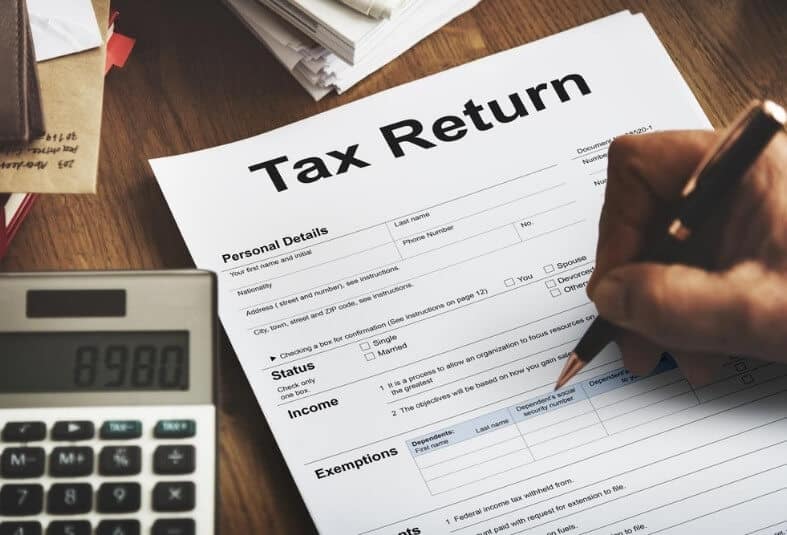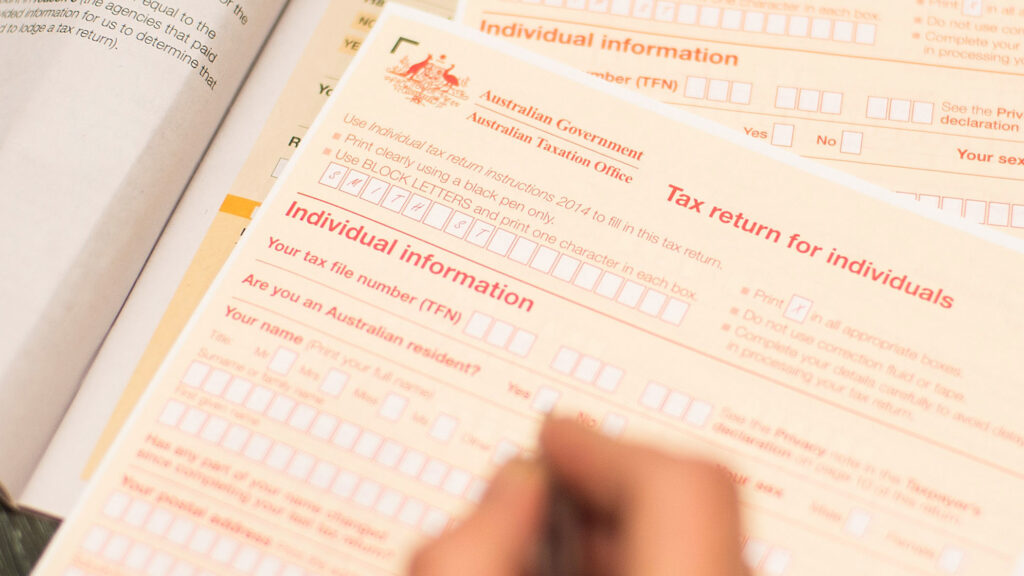When it comes to managing personal finances, filing your individual tax return (ITR) is a crucial task that every Australian taxpayer must undertake. Understanding the ins and outs of the Australian tax system can help you maximise your returns and ensure compliance with the law. In this comprehensive guide, we will delve into the intricacies of filing an individual tax return in Australia, covering important aspects such as eligibility, deductions, deadlines, and common pitfalls to avoid.
Who needs to file an individual tax return in Australia?
Every individual taxpayer in Australia, including residents and non-residents, must submit an individual tax return (ITR) each year if their taxable income exceeds the Australian Taxation Office’s (ATO) threshold. This process is essential for fulfilling your legal obligations and avoiding penalties. Residents are obligated to report their worldwide income, while non-residents must declare earnings earned in Australia. Understanding the eligibility criteria and deductions available can help you optimise your tax position. It is crucial to adhere to the deadlines set by the ATO to prevent any issues. You can navigate the tax system confidently.
What are the key deadlines for filing an individual tax return in Australia?
To ensure compliance with Australian tax regulations, it is vital to be aware of the key deadlines for filing your individual tax return. The deadline for lodging your tax return in Australia typically falls on October 31st, following the end of the financial year. However, if you are using a registered tax agent, you may be eligible for an extended deadline. It is crucial to mark this date on your calendar and begin preparing your documents well in advance to avoid any last-minute rush. Missing the deadline can result in penalties and interest charges, so staying organised and informed is essential for a smooth tax-filing process.
What documents and information do you need to prepare your individual tax return?
When preparing your individual tax return in Australia, it is essential to gather all the necessary documents and information to ensure a smooth and accurate filing process. Firstly, you will need your payment summaries from all employers, detailing your income and any taxes withheld. You should also include any bank interest statements, dividend statements, or rental property income records. Don’t forget to gather receipts for work-related expenses, charitable donations, and any other deductions you plan to claim. Keeping organised records and ensuring you have all required information at hand will help streamline the preparation of your individual tax return and maximise your potential refunds.
What deductions can you claim on your individual tax return in Australia?
When considering deductions for your individual tax return in Australia, it’s crucial to be aware of the various expenses that you may be eligible to claim. Common deductions include work-related expenses such as uniforms, tools, or equipment necessary for your job. Additionally, you may be able to claim deductions for self-education expenses, charitable donations, or even investment-related costs. It’s essential to keep detailed records and receipts to substantiate your claims in case of an audit. Understanding the specific criteria and limitations for each deduction can help you maximise your tax savings while ensuring compliance with the Australian tax laws. To optimise your tax return, be diligent about exploring all potential deductions.

What are some common mistakes to avoid when filing an individual tax return in Australia?
When it comes to filing your individual tax return in Australia, it’s crucial to steer clear of common mistakes that could lead to penalties or delays in processing. One common error to avoid is providing inaccurate information or omitting essential details, which can trigger audits and legal repercussions. Another pitfall is failing to keep meticulous records of your income, expenses, and deductions, which may result in missed opportunities to maximise your returns. Additionally, missing the filing deadline can incur fines and interest charges, so staying organised and meeting the cutoff date is paramount. By being vigilant and thorough in your tax return preparation, you can navigate the process smoothly and ensure compliance with Australian tax laws.
Conclusion
Filing your individual tax return in Australia is a crucial responsibility that requires careful attention to detail and adherence to tax regulations. Understanding the requirements, deadlines, deductions, and potential pitfalls involved will allow you to navigate the tax filing process with confidence and ensure compliance with the law. Remember to seek professional advice if needed, and always keep accurate records to support your tax return claims.

